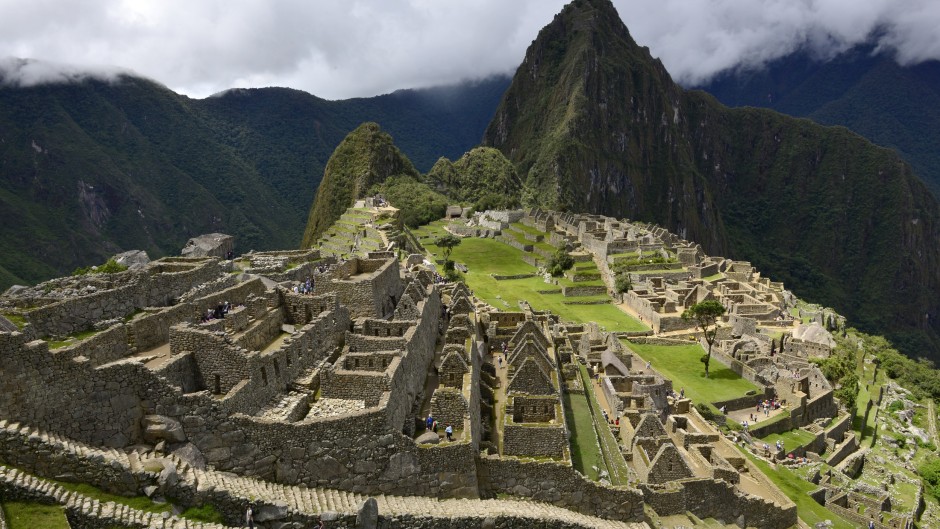
LIMA - Hundreds of foreign tourists were stranded in Peru's renowned Machu Picchu region after train service was suspended due to violent protests following the ouster and arrest of ex-president Pedro Castillo.
A state of emergency was declared earlier Wednesday as Castillo's supporters have taken to the streets and set up roadblocks countrywide in protests against new President Dina Boluarte that have left seven people dead and 200 injured.
Officials said nearly 800 tourists of varying nationalities had become stranded since Tuesday.
They were stuck in the town at the base of the mountain where Machu Picchu, the most important attraction in Peruvian tourism and a UNESCO World Heritage site, is located.
Israeli tourist Gale Dut was unable to return to Cusco to catch a flight out of the country.
"I'm with my kids. For me, it's a problem," Dut told AFP.
One Belgian tourist, who identified himself as Walter, said it is "not clear" how he will be able to return home if he is not able to get back to Cusco in order to catch a flight to Lima.
The train service that connects the famed Incan temple with Cusco, the ancient empire's capital city, is the only way to get to Machu Picchu, about 110 kilometres away.
Trains were suspended as Indigenous and agrarian organisations called for an indefinite strike as part of the protests that began Monday in Cusco, with marches, attacks on public spaces and attempts to take over the city's international airport.
The small town's mayor Darwin Baca called for humanitarian help from the government, seeking helicopters to help evacuate tourists from the United States, Mexico and Spain.
The country plunged into crisis last week when Castillo tried to dissolve Congress and rule by decree, but was quickly impeached by lawmakers and arrested.
The new president, Boluarte, has struggled to quell tensions, and has now called for the next election -- normally due in 2026 -- to be brought forward to December 2023, after an earlier bid to hold them in 2024 failed to halt the protests.

